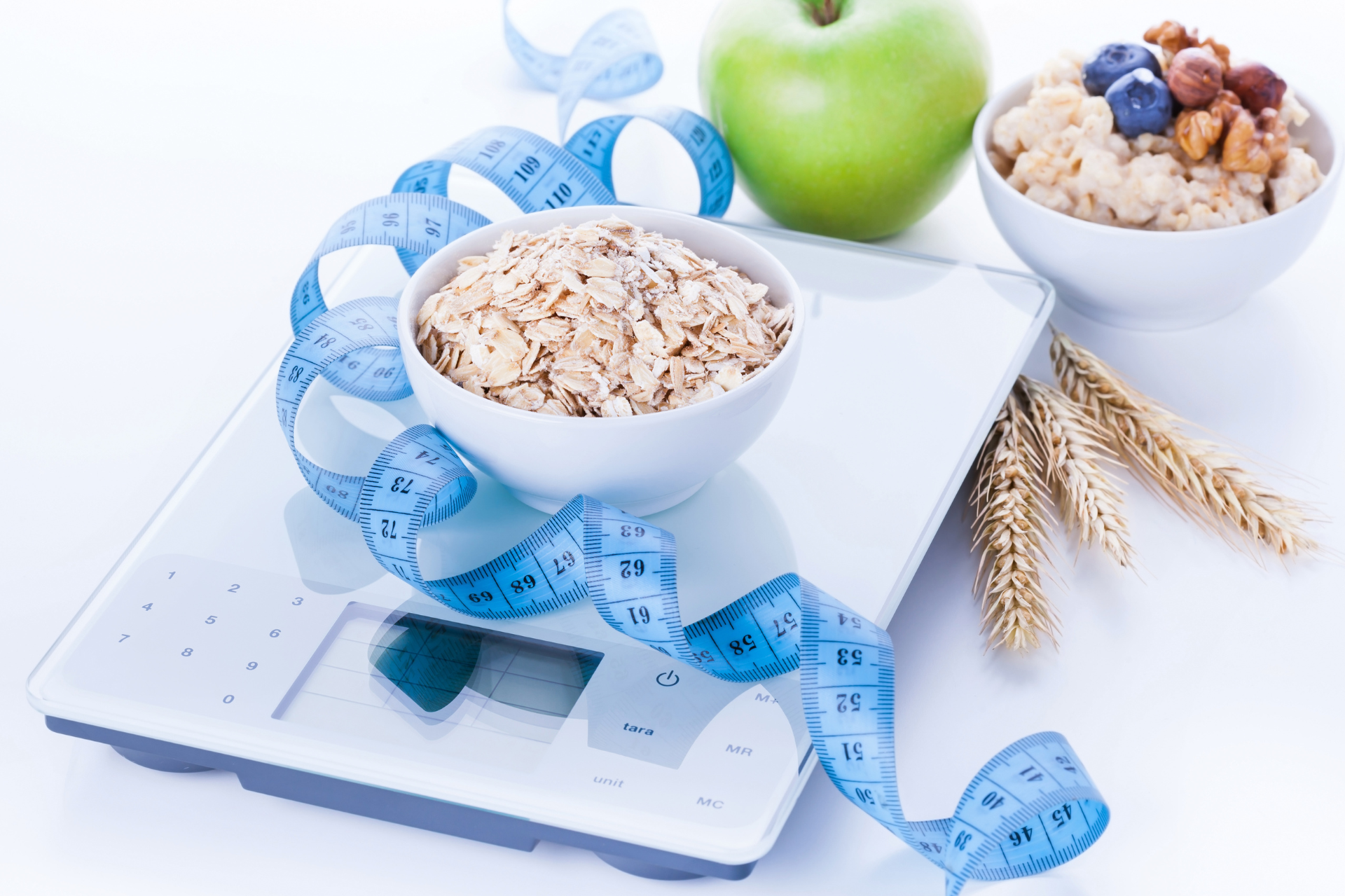As women enter menopause, they often experience changes in their metabolism, which can result in unwanted weight gain. This can be frustrating, especially for those who have always been able to maintain a healthy weight. However, it’s important to remember that weight gain during menopause is common. There are easy ways to create healthy eating habits that can combat these effects without sacrificing the foods you love. In this blog post, we’ll discuss three simple ways women over 50 can maintain a healthy weight during menopause.
Incorporate More Plant-Based Foods into Your Diet
One of the easiest ways to maintain a healthy weight during menopause is to incorporate more plant-based foods into your diet. This doesn’t mean you have to become a vegetarian or vegan, but rather, focus on increasing the amount of fruits, vegetables, and whole grains you consume each day. These foods are low in calories and high in fiber, which can help you feel full and satisfied for longer periods of time.
In addition to their weight loss benefits, plant-based foods are packed with nutrients essential for good health. For example, fruits and vegetables are rich in vitamins and minerals that can help support your immune system, while whole grains are a great source of complex carbohydrates that can provide you with sustained energy throughout the day.
If you’re not sure where to start, try incorporating more plant-based foods into your meals gradually. For example, you could start by having a salad with your lunch each day or swapping out your usual snack for a piece of fruit. Over time, you can gradually increase the amount of plant-based foods you consume until they make up the majority of your diet.
Practice Mindful Eating
Another way to combat the effects of menopausal weight gain is to practice mindful eating. This means paying close attention to your body’s hunger and fullness cues and being present in the moment while you eat. When you practice mindful eating, you’re less likely to overeat or consume unhealthy foods out of boredom or stress.
To practice mindful eating, start by taking a few deep breaths before you begin your meal. This will help you relax and become more present in the moment. Next, take your time while you eat, chewing slowly and savoring each bite. Pay attention to the flavors and textures of the food, and try to tune out any distractions around you.
If you’re someone who tends to eat in front of the TV or while scrolling through your phone, try to break this habit. Instead, sit down at a table and focus solely on your meal. By practicing mindful eating, you’ll be more in tune with your body’s needs, which can help you maintain a healthy weight during menopause.
Allow for Occasional Treats
Finally, it’s important to remember that it’s okay to indulge in your favorite treats occasionally. Many women feel like they need to completely give up their favorite foods in order to maintain a healthy weight, but this simply isn’t true. In fact, depriving yourself of the foods you love can often lead to binge eating and other unhealthy habits.
Instead of completely cutting out your favorite foods, allow yourself to enjoy them in moderation. For example, if you love ice cream, treat yourself to a small scoop once a week. If you’re a fan of pizza, enjoy a slice or two with a salad on the side.
By allowing for occasional treats, you’ll be less likely to feel deprived and more likely to stick to your healthy eating plan long-term. Remember, it’s all about balance and moderation.
Final Words
Menopausal weight gain can be frustrating, but it’s important to remember that it’s a natural part of the aging process. By incorporating these three simple habits into your daily routine, you can combat the effects of menopausal weight gain without sacrificing the foods you love. Remember, it’s all about making small, sustainable changes that you can stick to long-term. By focusing on a balanced, nutritious diet and mindful eating, you can feel your best and maintain a healthy weight during this new stage of life.

